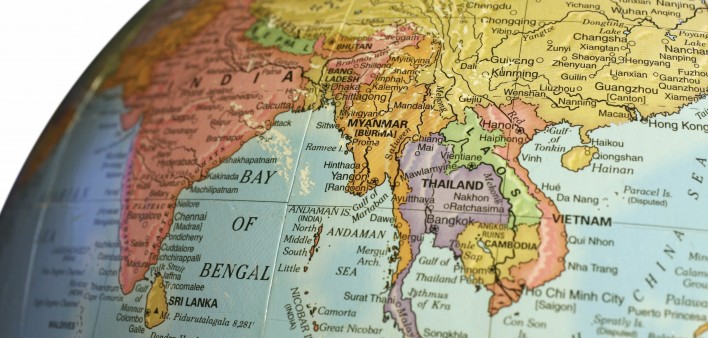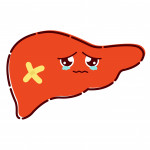Health authorities in India have now granted patent approval for Gilead Sciences’ hepatitis C virus (HCV) treatment Sovaldi (sofosbuvir), officially reversing their decision not to license the Western drugmaker’s $1,000 per-pill treatment in the country, Reuters reports. Treatment access advocates warn the move could drastically limit the availability of cheaper generic versions of the medication worldwide.
In January 2015, the Indian Patent Office rejected Sovaldi on the basis that the brand-name drug represented only minor changes to a previous formulation of sofosbuvir. However, after an appeal by Gilead, Indian health authorities have now found Sovaldi’s compounds to be “novel” and “inventive”, and worthy of a patent that would give it exclusive sales of sofosbuvir in the country for a decade or more.
Gilead, in a statement, said the patent would have no impact on the availability of generic versions of Sovaldi, which will still be produced by 11 drugmakers in India under voluntary licensing agreements, and distributed at steep discounts to 101 developing countries around the world.
However, patient groups like the Initiative for Medicines, Access & Knowledge (I-MAK) have warned that the decision could prevent exports of raw materials to other countries seeking to make their own generic versions of Sovaldi. In practice, the Indian patent could effectively block millions of people from accessing affordable hepatitis C treatment in countries not covered by Gilead’s voluntary license agreements.
Currently, Sovaldi costs up to $28,000 for a 28-pill bottle in the United States, amounting to nearly $84,000 for a standard 12-week course of treatment. At the same time, generic sofosbuvir made in India costs just $384 per bottle, or around $1,152 for a 12-week therapy.







Comments
Comments